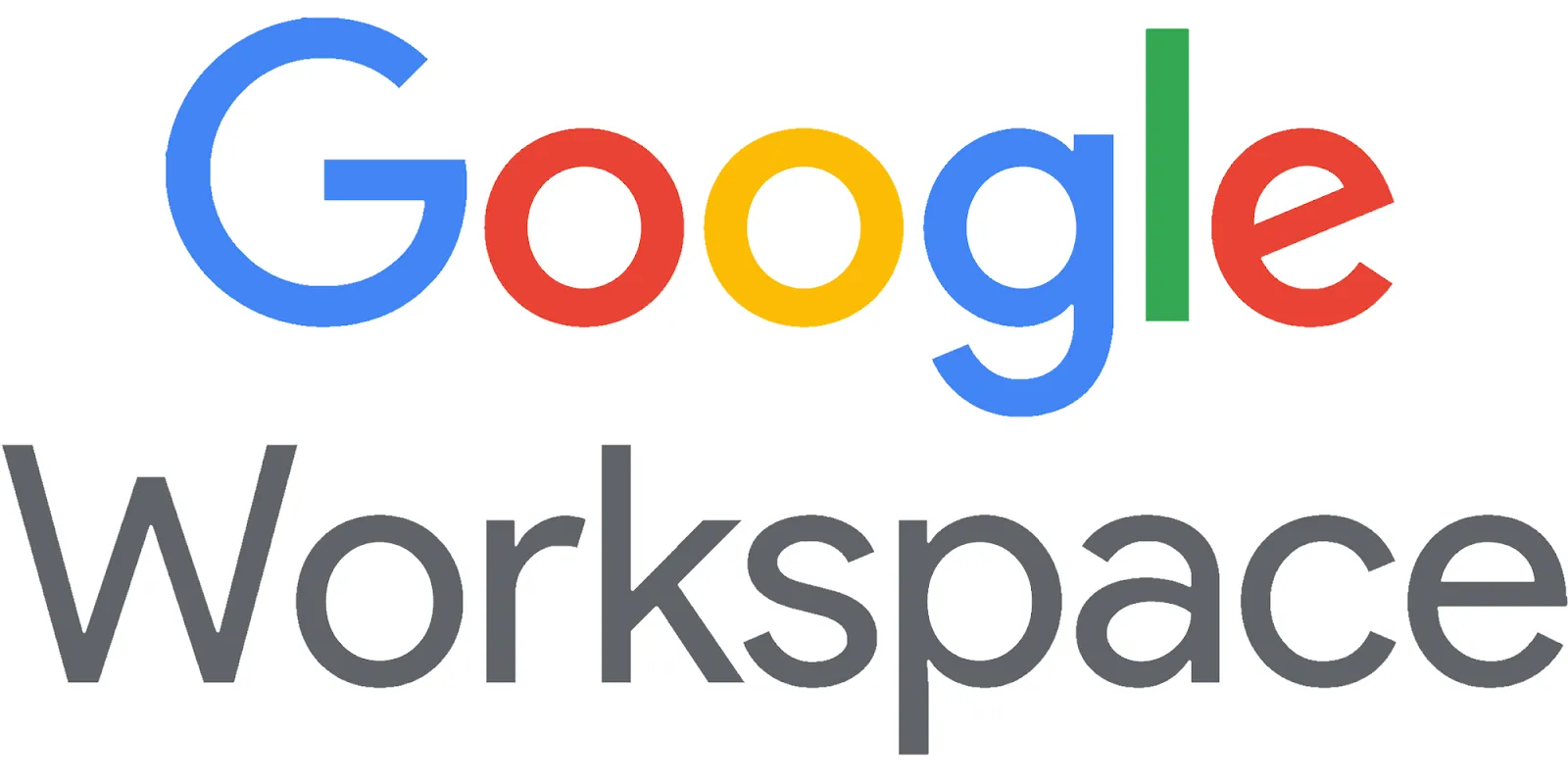Top 10 AI Tools: Transforming the Future of Technology

Top 10 AI Tools: Transforming the Future of Technology
Introduction
Artificial Intelligence (AI) is rapidly transforming various sectors, enhancing productivity, and automating complex tasks. With numerous AI tools available today, it can be challenging to choose the right one. Here’s a rundown of the top 10 AI tools that are making waves across industries.
1. OpenAI
OpenAI offers a variety of AI models, including the renowned ChatGPT, which can assist in generating human-like text, automating customer support, and providing personalized content.
- Pros: High-quality natural language processing, versatile applications.
- Cons: Requires technical understanding to implement effectively.
2. TensorFlow
TensorFlow is an open-source machine learning framework developed by Google. It's widely used for building and training machine learning models, especially in deep learning.
- Pros: Comprehensive library, strong community support.
- Cons: Steeper learning curve for beginners.
3. IBM Watson
IBM Watson provides AI-powered solutions for various industries, including healthcare, finance, and customer service, enabling businesses to gain insights from their data.
- Pros: Powerful analytics and data processing capabilities.
- Cons: Can be expensive for smaller businesses.
4. Hugging Face
Hugging Face is known for its Transformers library, which provides pre-trained models for natural language processing tasks, making it easier to implement AI in applications.
- Pros: User-friendly, extensive model library.
- Cons: Limited support for non-English languages.
5. Microsoft Azure AI
Microsoft Azure AI offers a suite of AI services, including machine learning, computer vision, and natural language processing, enabling businesses to build intelligent applications.
- Pros: Integration with other Microsoft services, scalable.
- Cons: Can be complex for beginners.
6. Adobe Sensei
Adobe Sensei is an AI and machine learning platform that enhances Adobe's creative applications, providing features like automated tagging, image recognition, and content personalization.
- Pros: Seamless integration with Adobe tools, enhances creative workflows.
- Cons: Limited to Adobe product users.
7. Salesforce Einstein
Salesforce Einstein is an AI-powered feature in Salesforce that helps businesses automate customer relationship management (CRM) tasks, providing insights and predictions.
- Pros: Enhances CRM functionality, user-friendly.
- Cons: Only useful within the Salesforce ecosystem.
8. Canva
Canva uses AI to assist users in graphic design, offering design suggestions, templates, and an intuitive interface to create professional-looking visuals.
- Pros: Easy to use, no design skills required.
- Cons: Limited customization for advanced designers.
9. Grammarly
Grammarly is an AI-powered writing assistant that helps users improve their writing by providing grammar checks, style suggestions, and readability improvements.
- Pros: Real-time feedback, extensive integration options.
- Cons: Premium features come at a cost.
10. Rasa
Rasa is an open-source framework for building conversational AI and chatbots, providing tools for natural language understanding and dialogue management.
- Pros: Highly customizable, strong community support.
- Cons: Requires technical expertise to set up.
Conclusion
These top 10 AI tools are transforming how businesses operate and innovate. Whether you're looking to enhance productivity, improve customer experiences, or create intelligent applications, there’s an AI solution that fits your needs.









Comments
Post a Comment